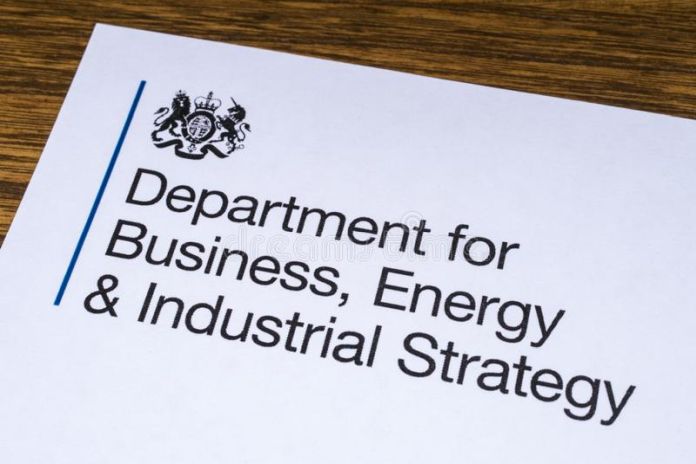By Caribbean News Global ![]()
LONDON, England – The UK government on Wednesday, May 20, introduced the Corporate Governance and Insolvency Bill in parliament, which will put in place a series of measures to amend insolvency and company law to support business to address the challenges resulting from the impact of coronavirus (COVID-19).
The Bill consists of six insolvency measures and two corporate governance measures. The insolvency measures will provide vital support to businesses to help them through this period of instability.
Business Secretary Alok Sharma said: “This is a particularly challenging time for businesses right across the UK, and we are doing all we can to support them through this period. Our proposals have been widely welcomed by business groups. The Bill will help companies that were trading successfully before the COVID-19 emergency to protect jobs and put them in the best possible position to bounce back.”
The corporate governance measures will introduce temporary easements and flexibility to businesses where they are coping with reduced resources and restrictions.
This Bill will do this through:
- Introducing a new moratorium to give companies breathing space from their creditors while they seek a rescue;
- Prohibit termination clauses that engage on insolvency, preventing suppliers from ceasing their supply or asking for additional payments while a company is going through a rescue process;
- Introducing a new restructuring plan that will bind creditors to it;
- Enabling the insolvency regime to flex to meet the demands of the emergency;
- Temporarily removing the threat of personal liability for wrongful trading from directors who try to keep their companies afloat through the emergency;
- Temporarily prohibiting creditors from filing statutory demands and winding up petitions for coronavirus related debts;
- Temporarily easing burdens on businesses by enabling them to hold closed Annual General Meetings (AGMs), conduct business and communicate with members electronically, and by extending filing deadlines;
- Allowing for the temporary measures to be retrospective so as to be as effective as possible.
Jonathan Geldart, director-general of the IoD said: “ Directors have significant legal obligations, and this Bill provides some reassurance that those who act responsibly won’t be caught out by the insolvency system. It’s crucial that directors are able to sustain their organisations and the people who rely on them during these difficult times.”
Federation of Small Businesses, national chair Mike Cherry said: “The incoming Corporate Insolvency and Governance Bill will be an important step to helping many small firms during this crisis.
“The measures will immediately go some way to mitigate some of the problems small businesses are facing, such as the relaxation of wrongful trading rules which will allow directors of struggling companies to continue trading without fear of legal repercussions. The company moratorium, filing extensions and voiding of statutory demands are particularly important for smaller businesses, it is important that these provisions continue for as long as is necessary.”





